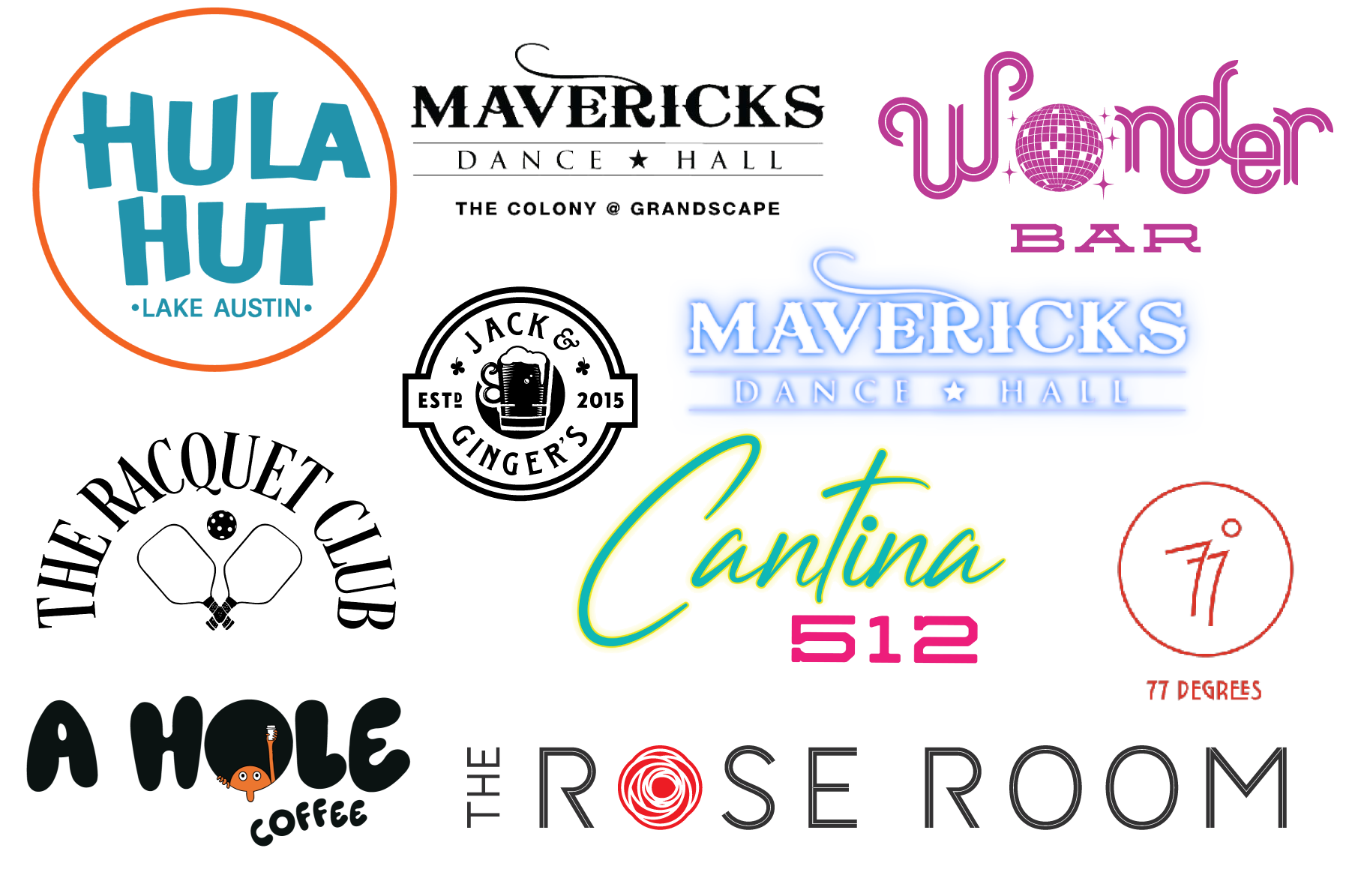- Greeting and Welcoming Guests: Doormen are usually the first point of contact for anyone entering Rose Room. They greet guests courteously, open doors for them.
- Security and Surveillance: Doormen monitor the entrance to ensure only authorized individuals enter the premises. They will check IDs or credentials, enforce dress codes, and maintain a safe environment by keeping an eye out for suspicious activity.
- Conflict Resolution: Handle conflicts or disputes that may arise among guests, including arguments, altercations, or disturbances. Use verbal de-escalation techniques and conflict resolution skills are a must to defuse tense situations and maintain a safe environment.
- Intoxication Management: Monitor guest behavior and assess signs of intoxication, such as slurred speech, impaired coordination, or aggressive behavior. Take appropriate action to prevent overconsumption of alcohol and ensure the safety of both guests and staff.
- Assistance and Information: Doormen provide information and assistance to guests, such as directions to various parts of the building or information about local amenities.
- Maintaining Cleanliness: Doormen may be responsible for keeping the entrance area clean and tidy, and arranging furniture.
- Emergency Response: In the event of emergencies such as fires or medical incidents, doormen may be required to assist with evacuation procedures, and coordinate with emergency services.
- Customer Service: Providing excellent customer service is a key aspect of a doorman's role. They should be friendly, approachable, and able to handle guest inquiries or complaints professionally.
- Communication: Doormen often serve as a communication hub between guests, and management. They may relay messages or information between parties and ensure smooth communication flow within the establishment.
- Teamwork: Doormen often work as part of a team with other staff members, such as security personnel and maintenance workers. They should collaborate effectively to maintain a seamless operation.
- Legal Compliance: Familiarize yourself with relevant laws, regulations, and venue policies related to alcohol service, security, and guest conduct. Ensure that all activities in the bottle service area are conducted in compliance with legal and regulatory requirements.
Black Dress Slacks
Hours:
Friday & Saturday: 8pm-2:30am
We are an equal opportunity employer and all qualified applicants will receive consideration for employment without regard to race, color, religion, sex, national origin, disability status, protected veteran status, or any other characteristic protected by law.
The Union Venture Group has 40 years of combined experience in the food and beverage industry, with over 20 successful projects created, designed, and built in both the Austin, Houston, and Dallas markets along with Fort Collins, CO. The owners/CEOs launched their hospitality business from humble beginnings seventeen years ago. The entrepreneurs’ first concept debuted in Austin, and their immediate success allowed them to grow at a rapid pace. Our now burgeoning business is the epitome of a start-from-scratch success story, mainly due to their clear knack for creating concepts that cater to specific demographics in certain regions within different metropolitan areas.
We hold a high standard for our concepts and our employees. Our Employees are a very important part of the company. They are highly dedicated to serving our customers. Our success in maintaining the high quality our customers have come to expect is only possible because of the people we hire.
(if you already have a resume on Indeed)














